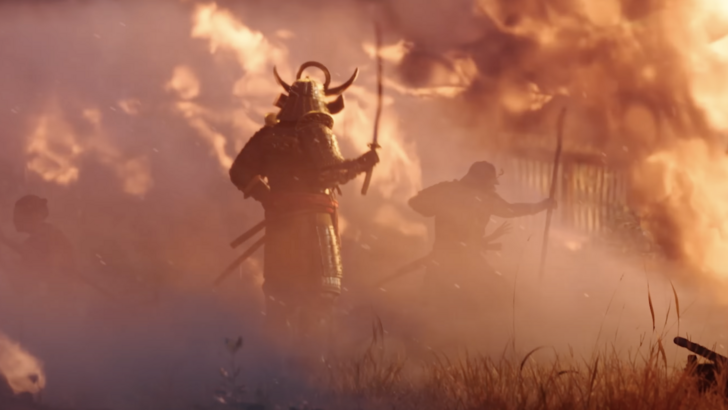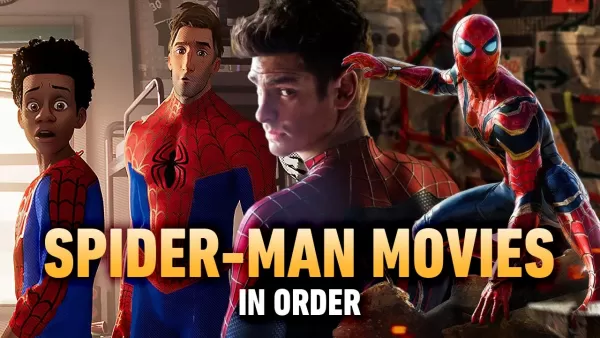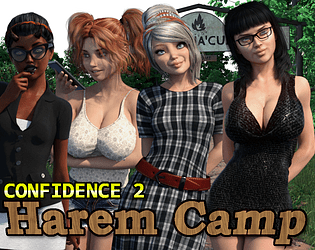
Following a string of underperforming releases and setbacks, Ubisoft faces pressure from a minority investor, Aj Investment, to restructure its management and workforce.
Ubisoft Faces Investor Pressure for Restructuring
Aj Investment Calls for Overhaul Following Previous Layoffs

Aj Investment, a significant minority shareholder, has publicly demanded that Ubisoft go private, install new leadership, and significantly reduce its staff. In an open letter to the board, including CEO Yves Guillemot and Tencent, the investor expressed deep dissatisfaction with the company's performance and strategic direction.
The letter cites the delayed release of key titles, lowered revenue projections for Q2 2024, and overall poor performance as key concerns. Aj Investment explicitly called for Guillemot's replacement, proposing a new CEO to optimize costs and studio structure for improved agility and competitiveness. This follows a previously announced 10% workforce reduction, deemed insufficient by Aj Investment.
The investor's concerns have contributed to a significant drop in Ubisoft's share price, reportedly down over 50% in the past year, according to the Wall Street Journal. Ubisoft has yet to publicly respond to the letter.

Aj Investment criticizes the current management's focus on short-term gains over long-term strategic planning, arguing that this approach fails to deliver exceptional gaming experiences. The investor specifically points to the cancellation of The Division Heartland and the underwhelming reception of Skull and Bones and Prince of Persia: The Lost Crown as examples of poor strategic decision-making. Furthermore, while acknowledging the success of Rainbow Six Siege, Aj Investment highlights the underutilization of other popular franchises like Rayman, Splinter Cell, For Honor, and Watch Dogs. Even the highly anticipated Star Wars Outlaws, while expected to boost sales, received mixed reviews suggesting a rushed release.

Aj Investment's Juraj Krupa further advocates for substantial staff reductions, citing the higher revenue and profitability of competitors like EA, Take-Two Interactive, and Activision Blizzard, despite employing significantly fewer staff. Krupa suggests that Ubisoft's 17,000+ employee count is excessive compared to its competitors and proposes selling underperforming studios to improve efficiency. He emphasizes that the previously announced cost-cutting measures are not aggressive enough to ensure long-term competitiveness. The letter concludes with a strong call for immediate and decisive action to address these issues.









